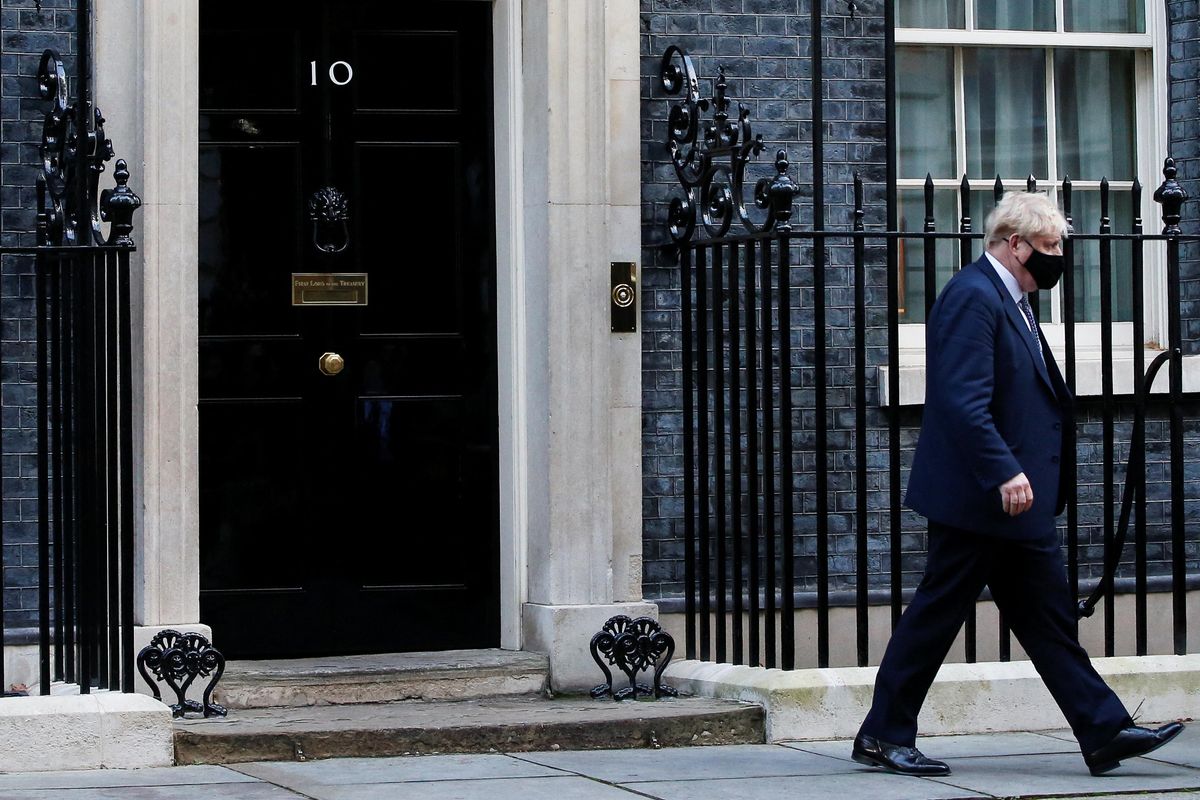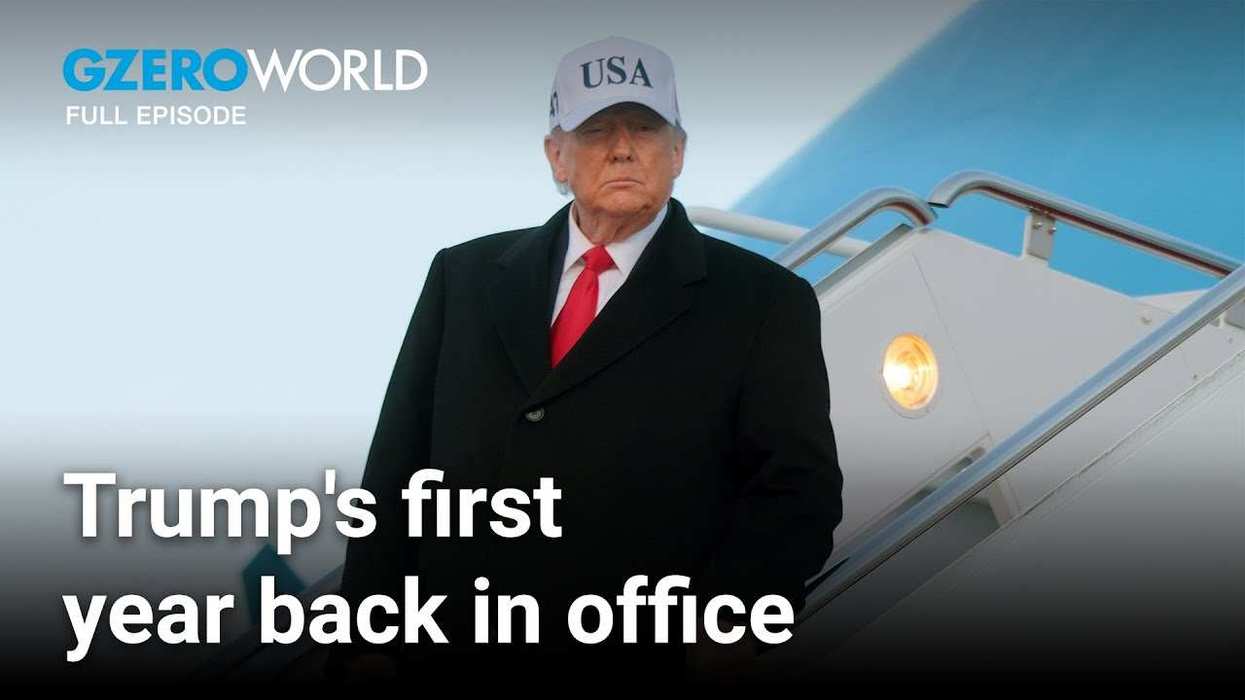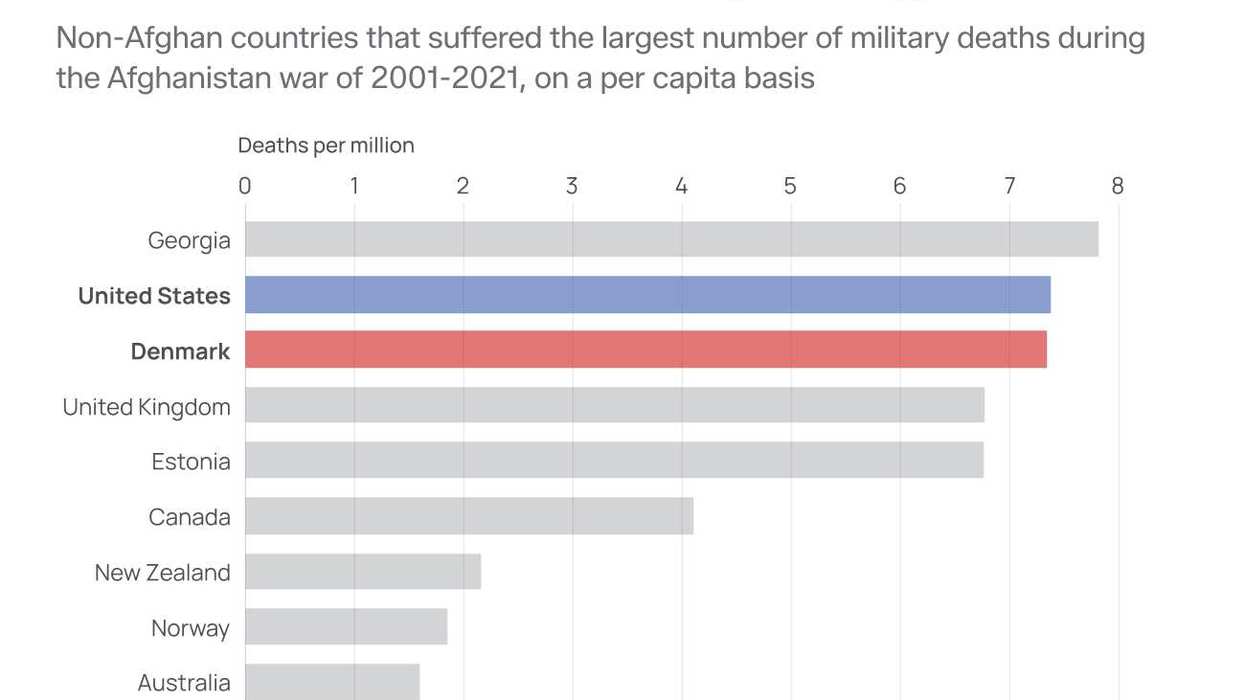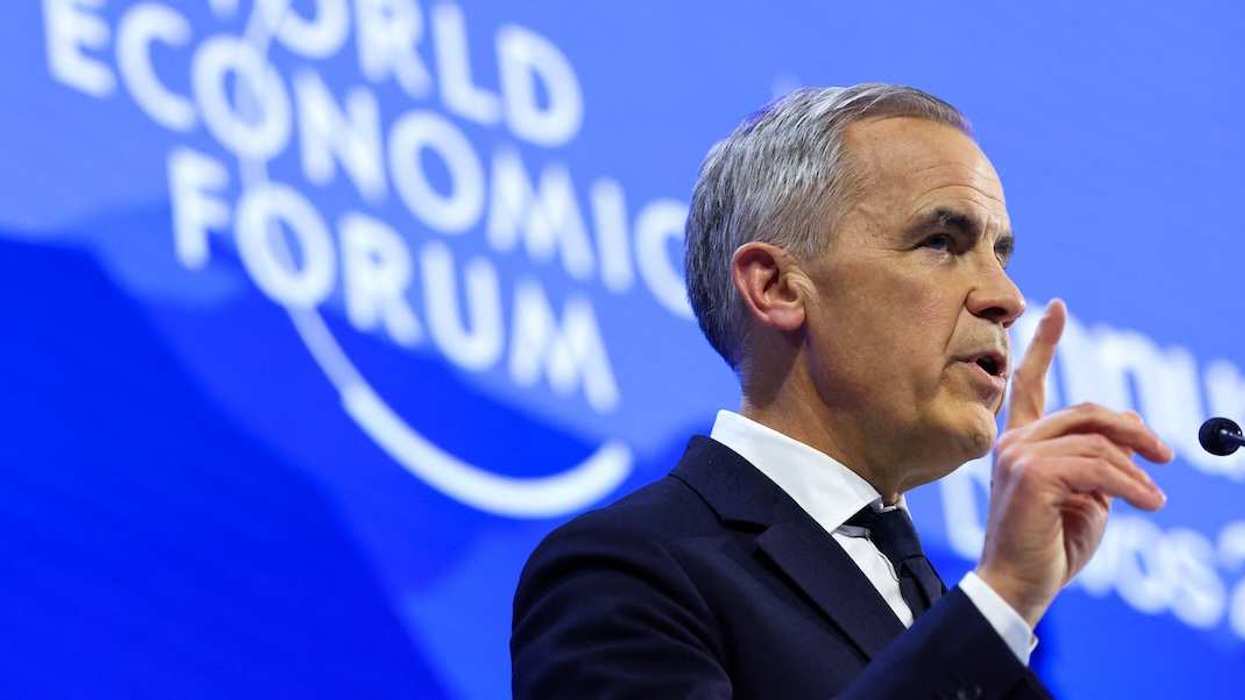No world leader has had a more bruising month than British Prime Minister Boris Johnson. Among other recent indiscretions, he’s been accused of flouting lockdown rules, as well as breaking ministerial protocols by using Conservative Party funds to refurbish his personal pad at 11 Downing Street – which analysts say contributed to the Tories losing a safe parliamentary seat for the first time in 200 years.
What are the current crises Johnson is facing, and how might they affect his political survival?
Rules for thee, and not for me. News emerged this week that Johnson’s office organized an outdoor BYOB party for staff in May 2020. At the time, Britons were told to stay home and not to socialize in groups. (The PM offered a poorly-received apology Wednesday, saying that he thought it was a standard “work event.”) Meanwhile, his staff also flouted the rules at Christmas time in 2020, the details of which were revealed in an awkward leaked video.
There’s more. Johnson has been embroiled in a Marie Antoinette-type scandal, having used funds given to the Conservative Party to refurbish his residence (the WhatsApp exchange between the PM and the donor is cringeworthy). Coupled with the fact that one-third of Brits fear their energy bills will be “more expensive than they can afford” this year, this makes for very bad optics — and politics.
Cost of living crisis. But more than the PM’s personal scandals, economic grievances are the driving force of political change. This is extremely relevant amid the ongoing pandemic where many Britons are struggling to meet basic economic needs. Fuel prices are soaring while inflation rates recently reached a 10-year high. Indeed, the rising cost of living is likely to get even worse when a new national insurance tax of 1.25 percent comes into effect in the spring.
While some of these issues — including the energy crunch — are global in scope, food price hikes and supply chain issues have been exacerbated by post-Brexit complications. And things aren’t expected to improve anytime soon. Ominously, one British think tank has dubbed 2022 the “year of the squeeze,” predicting households could lose 1,200 pounds ($1,645) in annual income.
Party infighting. One of the biggest threats to the embattled PM’s political survival is coming from the inside as rival Tory factions are pulling him in opposite directions.
Pro-Brexit MPs and free-traders are furious at Johnson for not lowering taxes, while Tories representing “red-wall” seats — working-class neighborhoods that have traditionally been Labour strongholds but recently become more competitive — want the government to expand the social safety net to help poorer constituents weather the cost-of-living crisis.
What’s more, after a Conservative Party revolt last month revealed the depths of dissatisfaction with the PM, Eurasia Group analyst Mujtaba Rahman now says that Johnson could be ousted after local elections in May so that Tories can pin the deteriorating economic situation and (anticipated) legislative losses directly on the PM.
The very powerful woman in Britain you may have never heard of. Sue Gray, a high-level civil servant, has been tasked with leading the investigation into the ill-fated Downing Street gatherings. Her findings, which should be released in 10 days, will likely reveal more damning details, giving Tories the fodder they need to cast the PM as a liability.
What now? On top of the impending Gray report, the Johnson government will have a number of thorny issues on its agenda in the coming weeks and months, including an ongoing omicron wave as well as negotiations with Brussels over the future of the Irish border.
Johnson, the forever Comeback Kid, would have to manage these challenges impeccably to prevent at least 55 Conservative MPs from triggering a leadership vote. Or is it already too late?


















